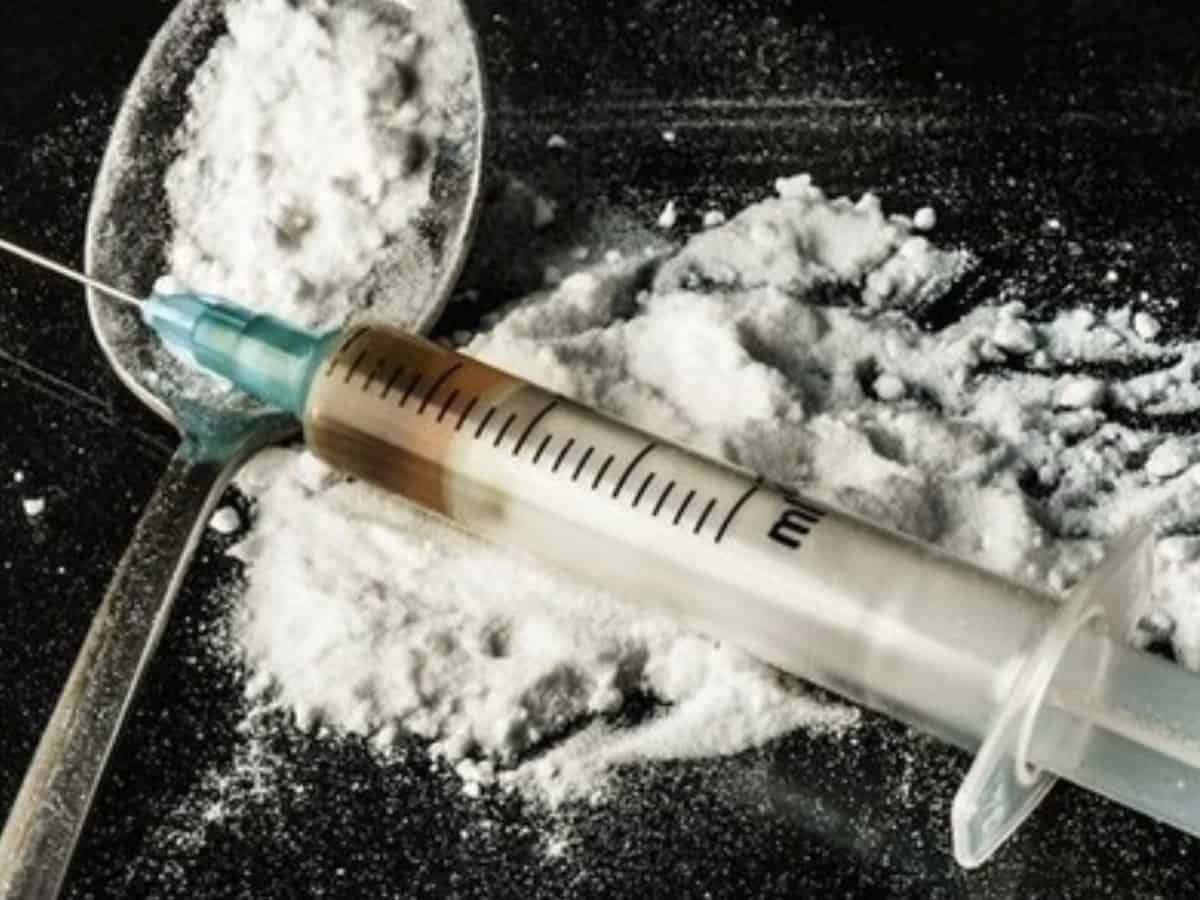
New Delhi: The Central government has told the Supreme Court that 1.48 crore children, approximately aged between 10 and 17 years, are addicted to various substances in the country.
The Ministry of Social Justice and Empowerment, in an affidavit, said it has conducted the first comprehensive national survey on extent and pattern of substance abuse in India through the National Drug Dependence Treatment Centre (NDDTC) of AIIMS, New Delhi, during 2018.
In the compliance affidavit, the ministry said: “The report of the survey was released in February, 2019. As per the report, alcohol is the most common psychoactive substance used by Indians followed by cannabis and opioids. About 16 crore persons consume alcohol in the country; more than 5.7 crore individuals are affected by harmful or dependent on alcohol use and need help for their alcohol use problems. 3.1 crore individuals use cannabis products; about 25 lakhs suffer from cannabis dependence”.
It added that 2.26 crore use opioids and approximately 77 lakh individuals require help for their opioid use problems.
Additional Solicitor General Aishwarya Bhati, representing the Centre, contended before a bench of Justices K.M. Joseph and B.V. Nagarathna that as per 2016 verdict of the top court, the government had conducted a nationwide survey on the extent and pattern of substance use in India, and also completed a first of its kind national survey to generate a national database on substance use.
Senior advocate H.S. Phoolka, representing NGO Bachpan Bachao Andolan, submitted that the government is not complying with the top court’s directions issued in the 2016 verdict. He added that the government has not covered all aspects in its national plan to combat substance abuse.
The bench queried Phoolka if he wants something more to be done in the plan, or he is aggrieved by non-compliance of the order. Phoolka said that more aspects could have been covered in the national plan.
The bench said it is tagging the matter with a suo moto case, which is similar to some extent and the Chief Justice’s court is hearing that matter. Bhati agreed that the matter can be tagged with the case being heard by the Chief Justice.
The affidavit said “to address the problem of drug abuse among citizens of this country, Ministry of Social Justice and Empowerment has formulated and implemented the National Action Plan for Drug Demand Reduction (NAPDDR) under which the government is taking sustained and coordinated action for arresting the problem of substance abuse among the youth and women”.
Elaborating on objectives of NAPDDR, the affidavit added, “the prime objective of NAPDDR is to focus on preventive education, awareness generation, identification, counselling, treatment and rehabilitation of individuals with substance dependence, training and capacity building of service providers through collaborative efforts of the central and state governments and NGOs”.
The Ministry of Education, in another affidavit, said steps taken to create awareness about substance use and specific content has been adopted in the school curriculum under the aegis of the National Education Policy, 2020.
